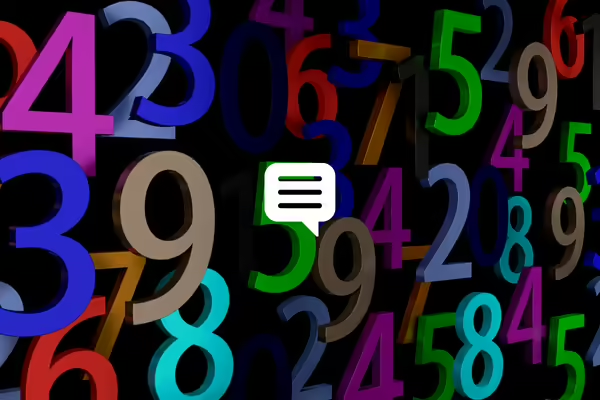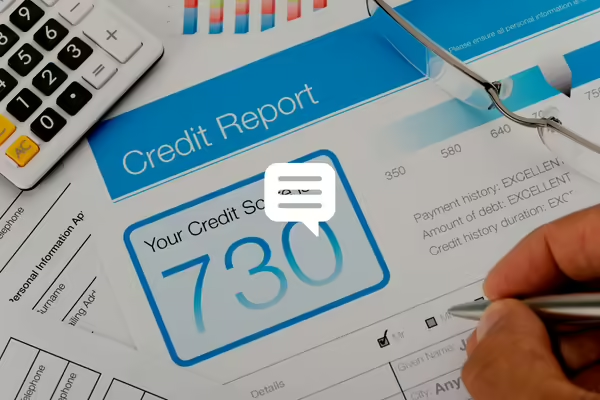Let’s take the mystery out of credit scores.
Credit mistakes can make us feel frustrated and depressed. Illinois Extension educators aim to clarify the misconceptions around credit scores. With a few simple steps, you can move forward and improve your credit score.
Title
Credit Scores Revealed
What's the difference between a credit score, credit report, and credit history? Illinois Extension's recorded webinar has the answers you’re looking for to understand your credit position.
Check Your Credit Report
Your credit report is a record of your credit history. Lenders and others use your credit report to learn how you have handled your obligations in the past. It helps them to determine the risk of lending money to you or doing business with you.
Your credit report summarizes your credit accounts. Your credit account history section contains detailed information such as the date you opened each account, the balance and limit on each account, and payment history for each account.
If you haven’t checked your credit reports in the last year, now is the time to do it. We have three main credit bureaus that collect data: Experian, Equifax and TransUnion. Because the credit bureaus are competitors, they don’t share data. You want to be sure that all your credit reports are accurate.
- Check your credit reports for FREE at AnnualCreditReport.com.
- Or, you can call 877-322-8228 to request the credit reports or mail-in a request using the Annual Credit Report Request Form.
Information in your credit reports determine your credit scores. Credit scores are calculated by different companies, including Fair Isaac Company which creates a credit score known as the FICO score. Other companies use a credit score that is calculated in a similar but slightly different way. FICO scores typically range from 300 to 850. The higher your score, the better. Focus on improving your credit report as this will improve your credit score. Paying your bills on time and paying down debt are the two most influential ways to improve your reports and scores.
Watch | Read | Listen | Engage

What's your number: 300 to 850
Understanding key financial ratios can help improve your credit scores.
Credit Score vs. Credit Report
Credit reports and credit scores are two different items. Find out why it matters!
To Show or Not to Show
Dating is going well. When do you share your credit reports with each other? Listen to Illinois Extension educators debate this topic.Protect Your Identity.
One of the best to check whether someone is using our identity is to check our credit reports. One of the reasons people steal and use other people’s identity is so that they can take out a loan – or some form of credit – in someone else’s name. You’ll never see any paperwork about this loan. However, if someone else starts credit accounts in your name, they will show up on your credit bureau.
If you spot information on your credit report that is not accurate, follow the information listed on your report about how to correct it. If you suspect identity theft, visit IdentityTheft.gov or call your local Extension office for help.
A credit freeze allows you to restrict access to your credit file and makes it difficult for identity thieves to open accounts in your name. Explore a credit freeze to protect yourself from identity theft. Find more information on the Federal Trade Commission website, Credit Freeze FAQs.